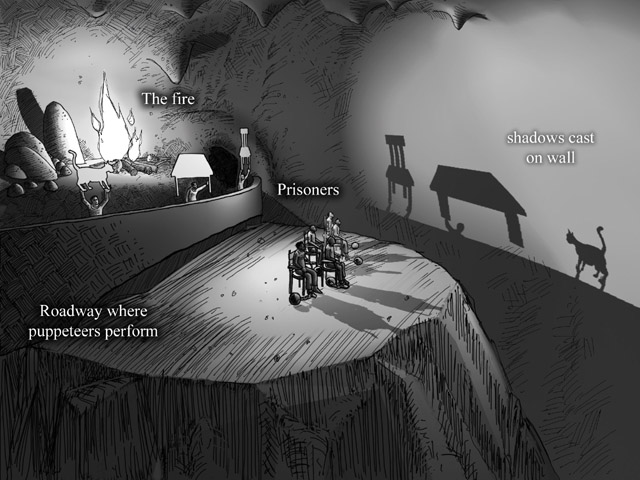Critical reviews are an endless source of discussion in popular culture. On the one hand, they offer...
conservapedia
If you’ve been on the Internet for a while, chances are you’ve heard of the batshit insanity...
Obviously everyone’s heard about the shootings in Connecticut by now. Words can’t really do justice to the...


